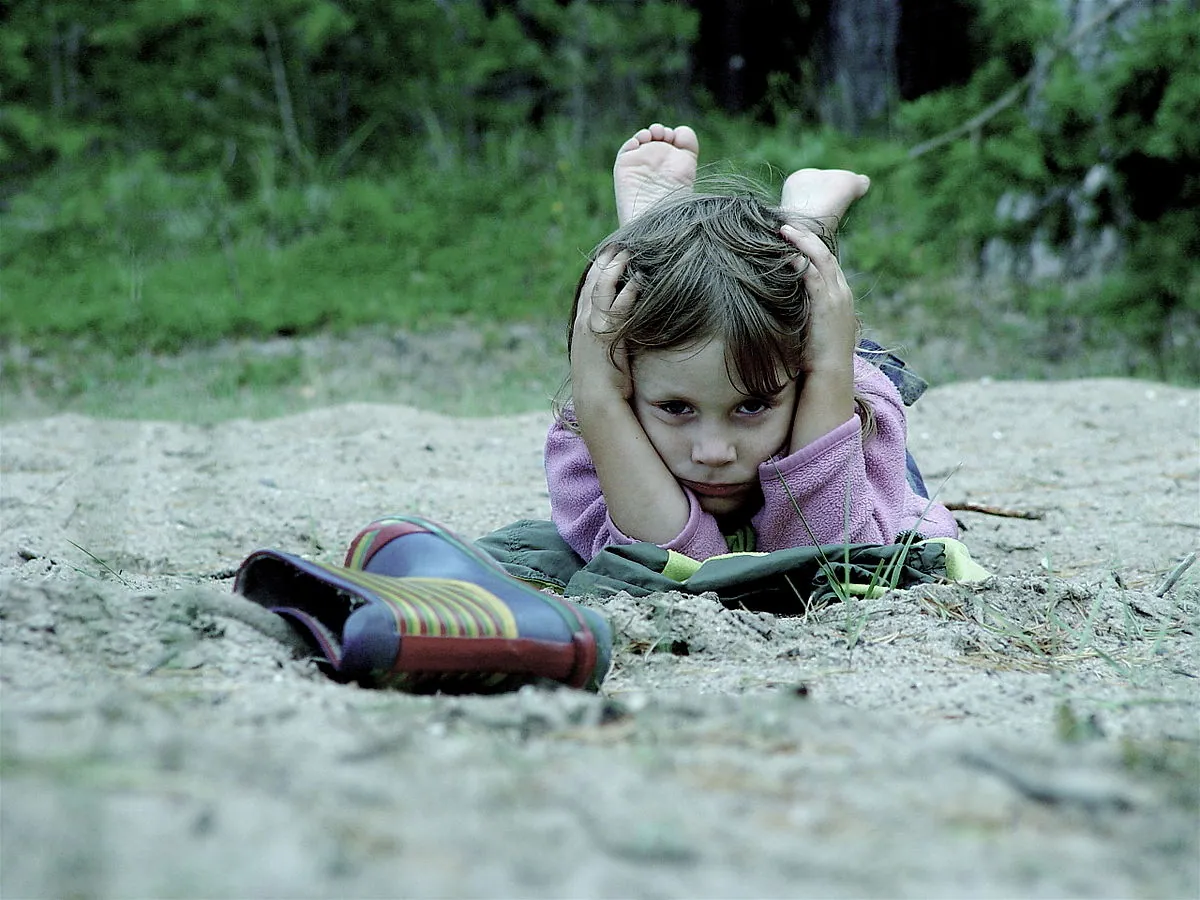Overstimulation is a common symptom of attention-deficit/hyperactivity disorder and anxiety. Children and adults who have ADHD may find it hard to filter out sensory input. Exposure to many stimuli at once or over a short period of time can cause difficulty concentrating, panic attack symptoms or sensory meltdown. Learn more about the negative effects of overstimulation and discover ways to address symptoms through calming techniques, over the counter meds for ADHD child and occupational therapy.
Table of Contents
Focus Disruption
The senses constantly take in information that is sent to the brain for processing. Stimulation from different sights, sounds, smells, tastes and touch can disrupt focus. People who do not have neurodevelopmental conditions or anxiety disorders may be able to register varied sensory inputs and then regain focus. Children who have ADHD, autism or anxiety disorders may have a difficult time resuming concentrating or shifting focus.
Loss of focus due to overstimulation is considered a primary symptom of several neurodevelopmental and anxiety disorders. This condition is one of the most apparent anxiety in 6 year old symptoms, and can persist in older children, teens and adults who have difficulty processing sensory input. Disruptions to focus can result in behavioral issues, exacerbate learning difficulties and have other negative consequences.
Inability To Transition Without Panic
When children with ADHD or anxiety need to shift their focus, they may start to panic. This reaction is often more pronounced in children because their brains are still developing. When a child with sensory processing problems is called upon to transition from one activity or area of focus to another, their brain may become overwhelmed.
Children who are experiencing overstimulation can exhibit panic attack symptoms, including breathlessness, irregular heartbeat, disorientation, dizziness, dry mouth, nausea, shaking or sweating. These sensations are more intense than any Brillia medication side effects. Unlike stimulant treatments that increase dopamine and norepinephrine levels in the brain, a non-stimulant holistic antibody treatment binds with the S-100B protein to reduce these and other symptoms of ADHD and anxiety.
Sensory Meltdowns
Sensory meltdowns are an intense negative effect of overstimulation. During a meltdown, a child may have an anxiety attack or panic attack or become confused and frightened. Meltdowns caused by overstimulation are not social interactions like temper tantrums. Many children with ADHD or anxiety will withdraw during these episodes and only gradually return to normal after reducing or eliminating the stimuli that cause a meltdown.
Holistic antibody treatments that inhibit activity of the S-100B protein in the brain and body can also provide relief from the causes and negative effects of overstimulation. Overproduction of this protein can provoke anxiety symptoms, problems with attention and focus and negative behavioral effects associated with stress, such as anger and irritability.
Untreated conditions that have overstimulation as a symptom can lead to anger, irritability and other behavioral issues. Practicing self-calming techniques, participating in occupational therapy at a sensory gym and taking a holistic antibody treatment can all be effective ways to help children deal with overstimulation associated with ADHD and anxiety.
Also Read: Child Nutrition: What To Feed A Baby In The First 6 Months?

